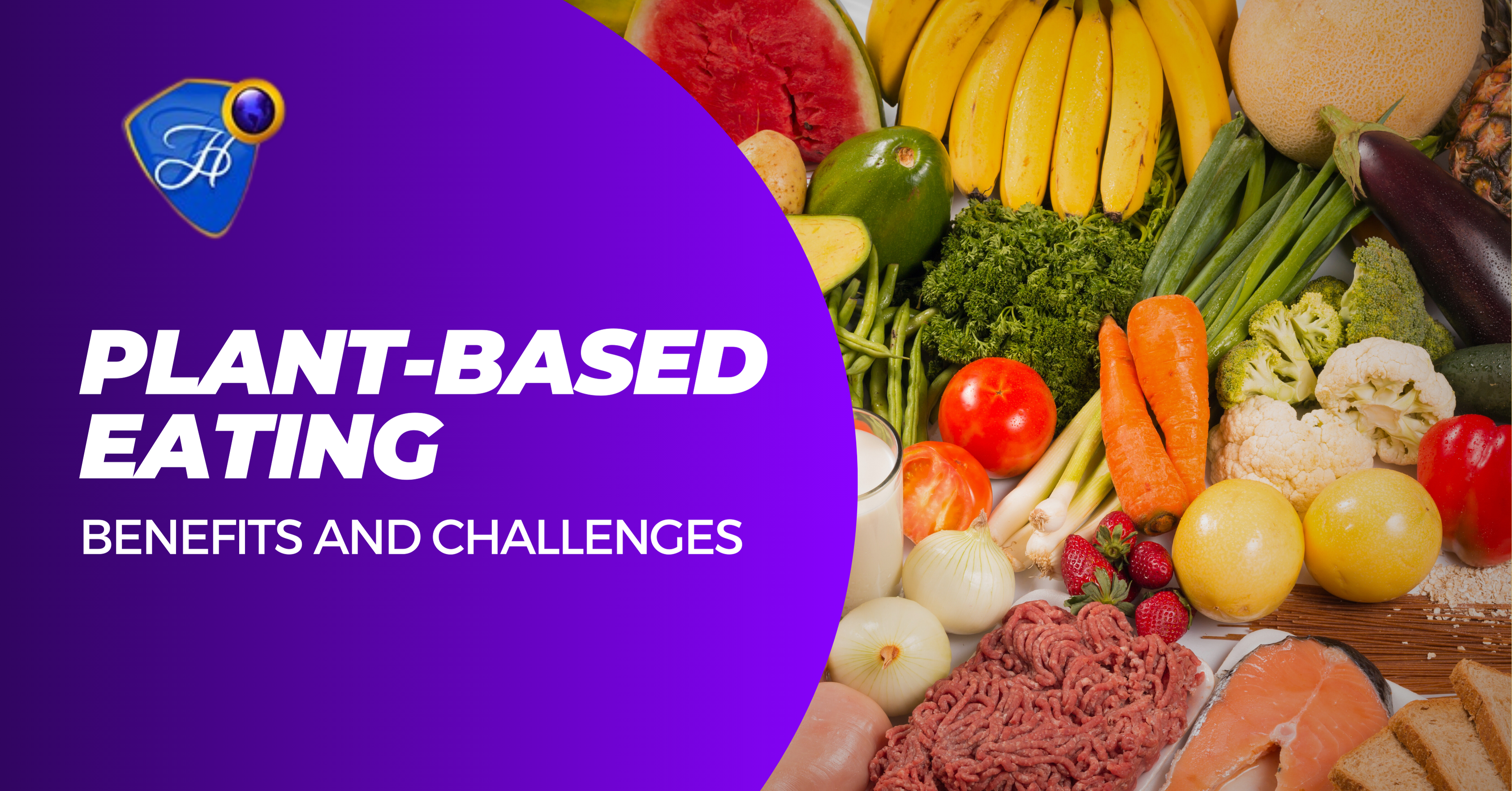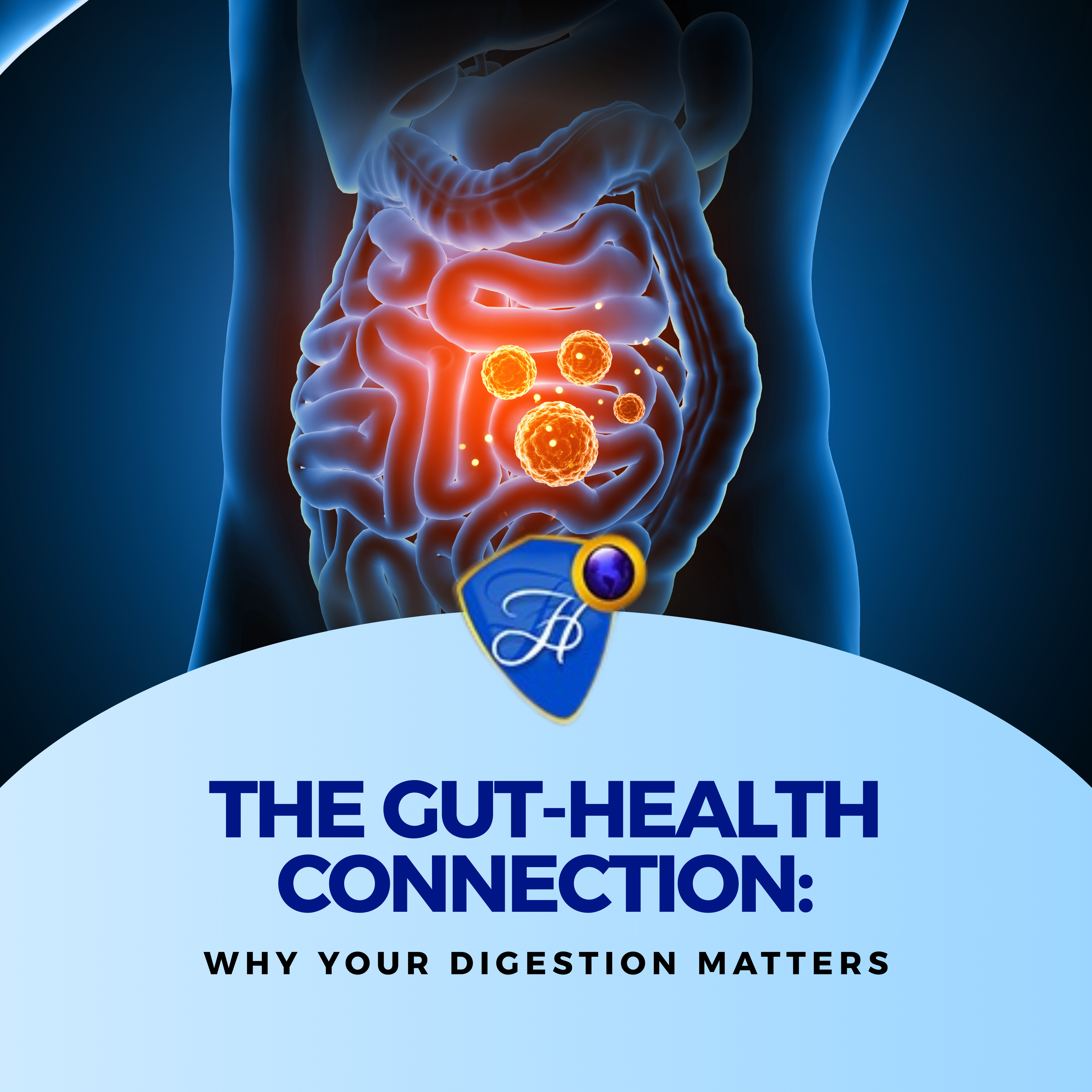PLANT-BASED EATING: BENEFITS AND CHALLENGES
In recent years, plant-based eating has surged from niche trend to a mainstream movement. Whether driven by health goals, environmental concerns, or ethical values, more people are choosing to fill their plates with fruits, vegetables, legumes, grains, nuts, and seeds. But while the benefits are compelling, the journey isn’t without its hurdles. Let’s explore both sides of this leafy coin.
BENEFITS OF GOING PLANT-BASED
1. Improved Heart Health: Plant-based diets are naturally low in saturated fats and cholesterol, which can help reduce the risk of heart disease. Studies show that vegetarians and vegans often have lower blood pressure and healthier cholesterol levels compared to meat-eaters.
2. Weight Management: Because plant foods are generally lower in calories and higher in fiber, they can help with weight loss and maintenance. Fiber keeps you fuller for longer, reducing the urge to overeat or snack excessively.
3. Lower Risk of Chronic Diseases: A diet rich in whole plant foods has been linked to a reduced risk of type 2 diabetes, certain cancers, and even cognitive impairment. Antioxidants and phytonutrients found in plants help combat inflammation and oxidative stress.
4. Environmental Sustainability: Plant-based eating has a significantly lower carbon footprint than meat-heavy diets. It requires less land, water, and energy, making it a powerful personal choice for those concerned about climate change and resource depletion.
CHALLENGES TO WATCH OUT FOR
1. Nutritional Gaps: Eliminating animal products can lead to deficiencies in key nutrients like vitamin B12, iron, omega-3 fatty acids, calcium, and zinc. These nutrients are either less abundant or less bioavailable in plant sources, so careful planning is essential.
2. Social and Cultural Barriers: Food is deeply tied to culture, tradition, and social gatherings. Navigating family meals, dining out, or attending events can be tricky when plant-based options are limited or misunderstood.
3. Cost and Accessibility: While beans and grains are affordable, specialty plant-based products like meat substitutes, nut cheeses, and organic produce can be pricey. In some regions, access to fresh, diverse plant foods is limited, making it more difficult to maintain a balanced diet.
4. Overreliance on Processed Foods: Not all plant-based diets are healthy. Highly processed vegan snacks, faux meats, and sugary treats can sneak in under the “plant-based” label. Whole, minimally processed foods should be the foundation of any nutritious diet.
5. Learning Curve: Transitioning to plant-based eating requires education and experimentation. From reading labels to mastering new recipes, it can feel overwhelming at first. But with time, it becomes second nature.
TIPS FOR A BALANCED PLANT-BASED LIFESTYLE
• Diversify your plate: Include a wide range of vegetables, legumes, grains, nuts, and seeds to cover your nutritional bases.
• Plan ahead: Meal prep and research restaurant menus to avoid last-minute compromises.
• Stay informed: Follow credible nutrition sources and consult a dietitian if unsure.
• Be flexible: Even small shifts—like meatless Mondays or plant-forward meals—can make a big impact.
Plant-based eating isn’t just a diet—it’s a lifestyle shift that can benefit your health. While it comes with challenges, most are manageable with knowledge, planning, and a bit of creativity. Whether you go fully vegan or simply aim to eat more plants, every bite is a step toward a more vibrant and sustainable future.























Comments
Eleanor Fant
One’s of the best template out of there. design, code quality, updates etc everything you needs guys, buy it you won’t regret it!
Alexander Ljung
This theme is super awesome! But I had one small issue with link option in parallax portfolio. The other day!
Shahnewaz Sakil
His many legs, pitifully thin compared with the size of the rest of him, waved about helplessly as he looked
Leave A Comment
Kindly note that your comment/reply will first be approved before it appears above